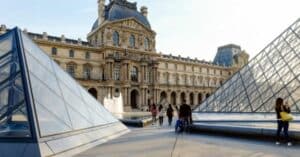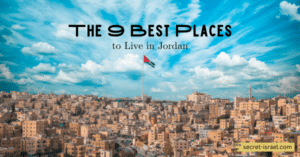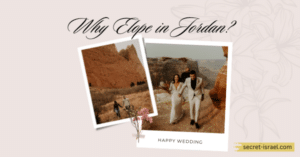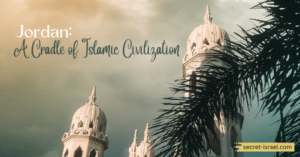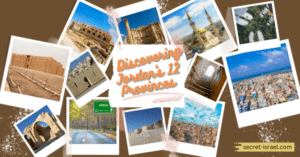Daliat El-Carmel is a picturesque village in Israel, celebrated for its rich Druze culture and scrumptious cuisine. The Druze community is renowned for its fusion of Middle Eastern and Mediterranean flavors, with dishes such as stuffed grape leaves, falafel, and labneh being popular favorites.
In this blog post, we’ll take a closer look at the culture and cuisine of Daliat El-Carmel, as well as provide some tips on how to make the most of your visit. So grab a cup of tea and join us on an adventure through the heart of Druze culture!
Introduction to Druze Culture in Daliat El-Carmel
Daliat El-Carmel is a small town in the Western Galilee region of Israel, nestled between the Mediterranean Sea and the Carmel Mountain range. It is the home of the Druze – a secretive religious sect, originating from within Islam, who practice strict monotheism.
The Druze have been living in this part of the world for centuries and their unique culture has become an integral part of Daliat El-Carmel’s identity. For visitors to this quaint village, a tasting of Druze culture can offer a window into an ancient and mysterious belief system.
Although closed off to outsiders, especially those not belonging to their faith, locals are always more than happy to impart knowledge about their customs and traditions. Several places in this area offer a sample of traditional Druze cuisine for travelers to relish in its delicious flavors.
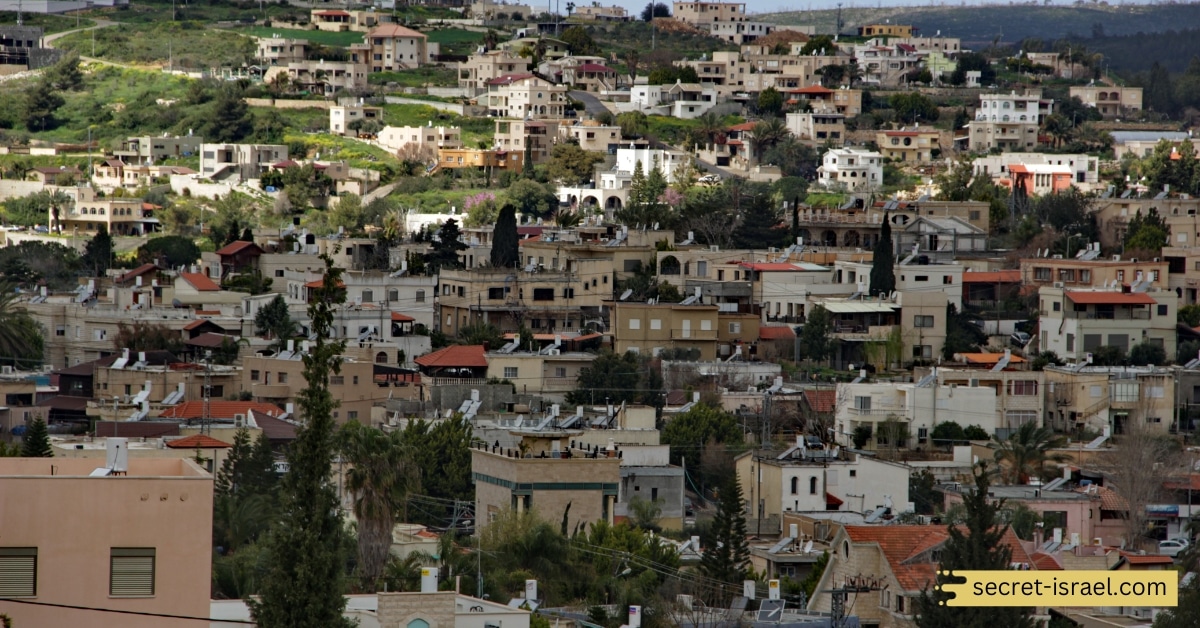
Dining at one of these eateries allows visitors to receive an introduction to Druze culture through its shared regional dishes. From local specialties like mejadara (a combination of lentils, rice, and caramelized onions) to kibbeh nayyeh (raw minced lamb mixed with spices).
Traditional recipes reflect an amalgamation of Middle Eastern flavors. Often served alongside fresh salads or pickled vegetables, a meal at one of these locales serves as an experience that can never be gained elsewhere.
Visiting Daliat El-Carmel will transport you back in time through its striking mountain views and winding narrow alleyways lined with old stone houses and blooming bougainvillea bushes. Woven into each corner are stories that remain largely unheard outside the confines of this charming village.
Tales that only the villagers can tell you firsthand – from their music to their art – reflect the thread that binds them so tightly together -their deep-rooted connection to their culture.
Exploring Daliat El-Carmel: The Heart of Druze Culture
Exploring the small village of Daliat El-Carmel in the Western Galilee region of Israel is an incredible experience that should not be missed. It is home to the Druze – a secretive religious sect, originating from within Islam, who practice strict monotheism.
Daliat El-Carmel offers many possibilities for visitors to discover the culture and traditions of the Druze people. From local specialties like mejadara to kibbeh nayyeh, visitors can savor traditional recipes that reflect an amalgamation of Middle Eastern flavors.
Other ways one can explore include taking a stroll through winding narrow alleys lined with old stone houses and blooming bougainvillea bushes or visiting a traditional cafe where music and art are celebrated amongst locals.
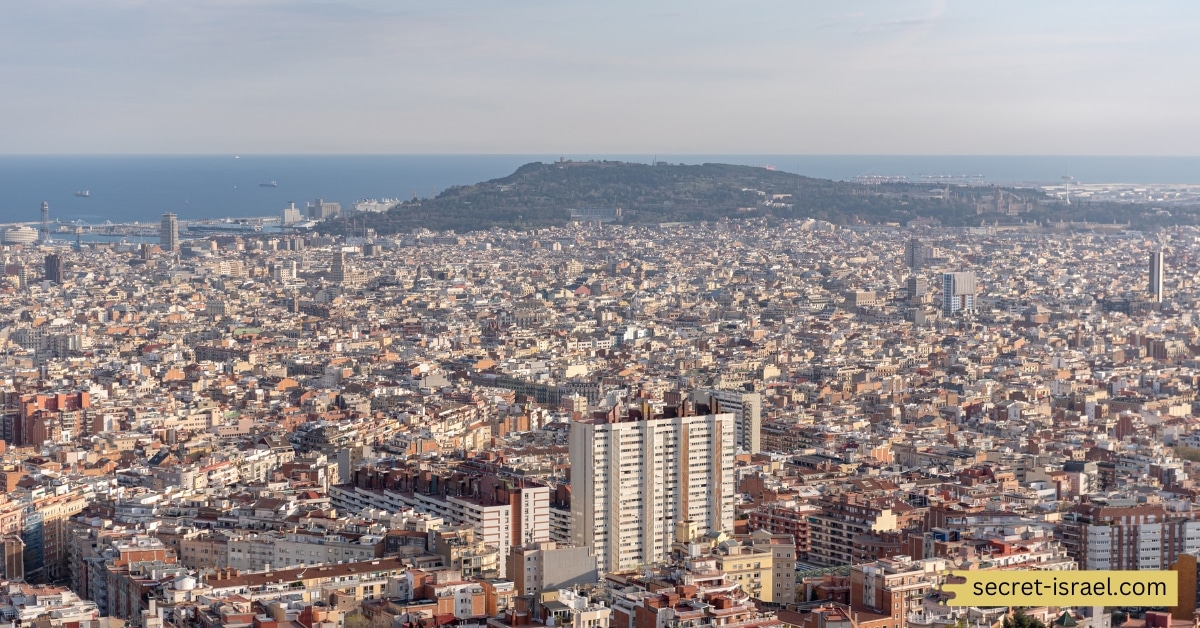
Visitors seeking to gain insight into Druze culture can also get a tour led by knowledgeable locals. Here, you will learn about their unique customs and beliefs that have been passed down for centuries and played an integral role in the identity of Daliat El-Carmel.
Whatever your choice may be, it’s guaranteed that you’ll get a glimpse into fascinating stories that remain largely unheard outside this charming village – stories no one else can tell as well as its villagers themselves.
Traditional Beliefs and Customs of the Druze Community
The Druze are a secretive sect of Islam originating from the Middle East, with members predominantly located in Lebanon, Syria, and Israel. They practice strict monotheism and teach their followers to always act ethically and live with respect for each other.
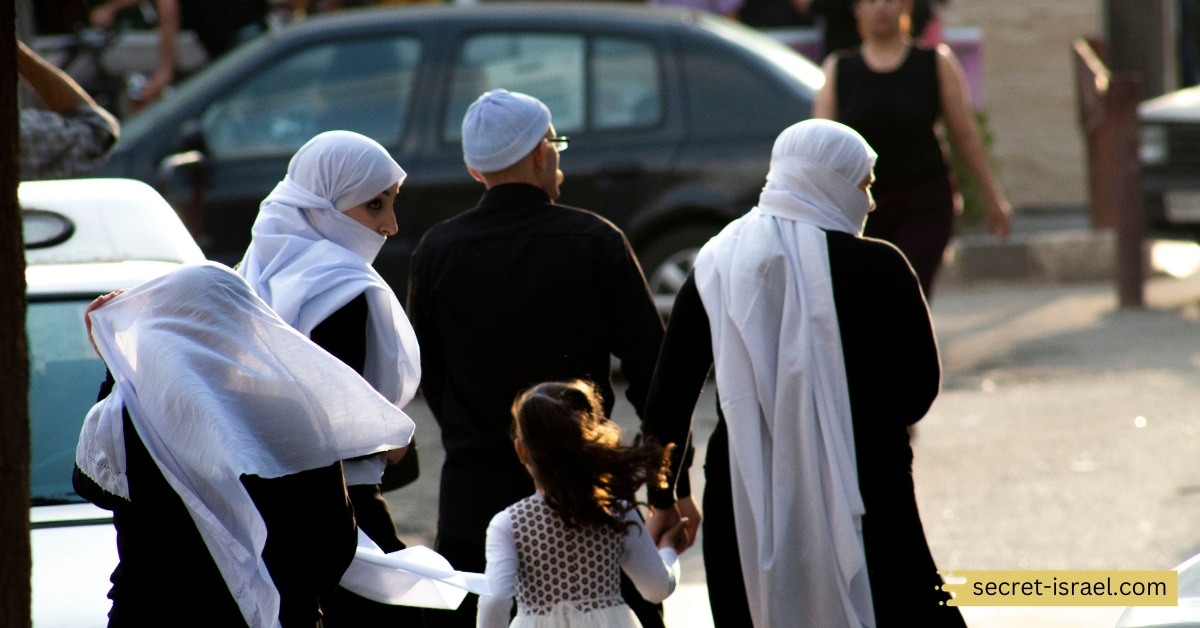
Beliefs:
- Unity of God – The core principle of the Druze faith is the unity of God; that he is one and indivisible.
- Reincarnation – Followers believe that life is eternal and souls are reborn after death in a different body or form.
- Balance between Good and Evil – An important belief is that good and evil forces must be balanced in order to achieve harmony; they, therefore, strive to do good deeds while avoiding evil actions.
- Respect for Nature – The Druze have an ingrained respect for nature and enjoy spending time outdoors, appreciating its beauty.
Customs:
- Adherence to Prayers – A primary part of worship is following five daily prayers in accordance with Islamic tradition.
- Modest Dress Code – Following a dress code that includes maintaining modesty when appearing in public or amongst family members is held in high regard amongst the Druze community.
- Dietary Restrictions – Abstaining from certain foods such as pork and shellfish is favored by many members of the community.
Music and Art of the Druze People
Music and art have been integral to the Druze people’s culture for centuries, with stories and songs being passed down from generation to generation.
The most famous of Druze music is the mijwiz, a two-reed flute that was traditionally used for religious ceremonies such as weddings and funerals. Other popular instruments include daff (a tambourine-like percussion instrument) and qanun (a type of zither). Some of the most well-known Druze folk songs are still sung today on special occasions.
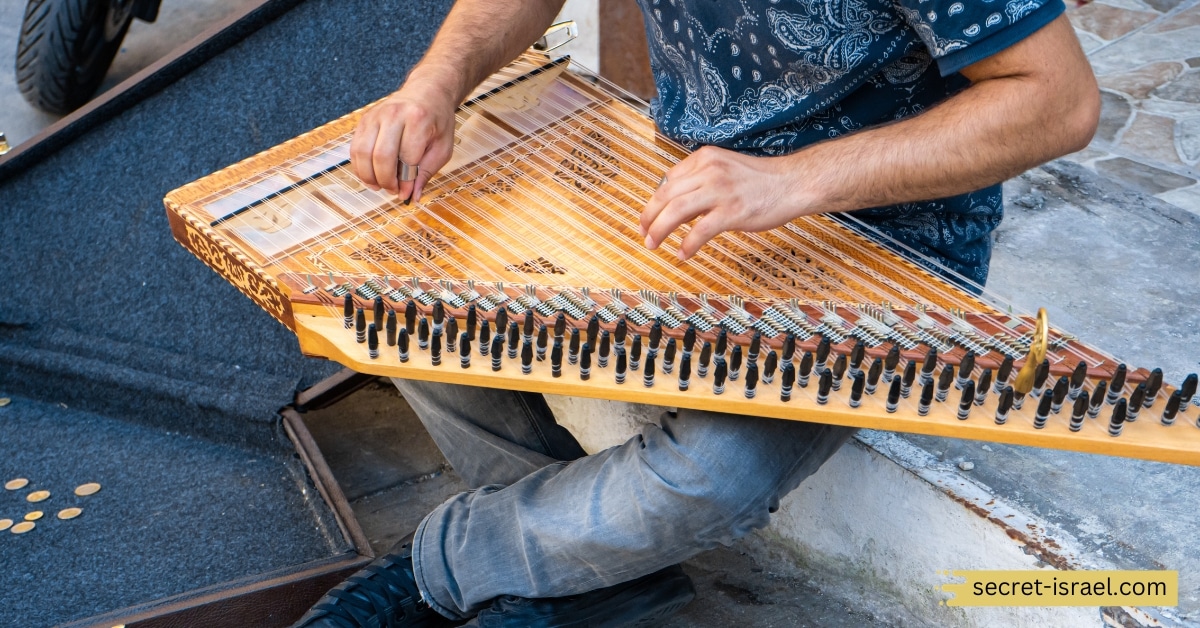
In addition to music, art is also an important expression of Druze culture. Traditional textile designs vary between regions and make use of vibrant colors in intricate patterns meant to represent nature’s beauty.
The Soapmakers’ Guild of Daliat El-Carmel produces their own unique soaps using olive oil and natural ingredients such as herbs and spices, each one having its own distinct scent. Here too you can observe traditional watercolor paintings done by local artists depicting scenes from everyday life or inspired by ancient stories.
Visiting a Traditional Druze Cafe
Visiting a traditional Druze café is an experience that is sure to take you on a unique journey through the culture and cuisine of the Middle East.
Traditional Druze cafes are often small, family-run establishments where customers can expect to be served authentic delicacies made using recipes passed down through generations.
These include dishes like makanek (sausage-like links), ka’ak (crispy sesame rings), shawarma (spiced meats), and bamieh (fried doughnuts). Depending on the time of day, visitors may also get to try staples such as hummus or labneh.
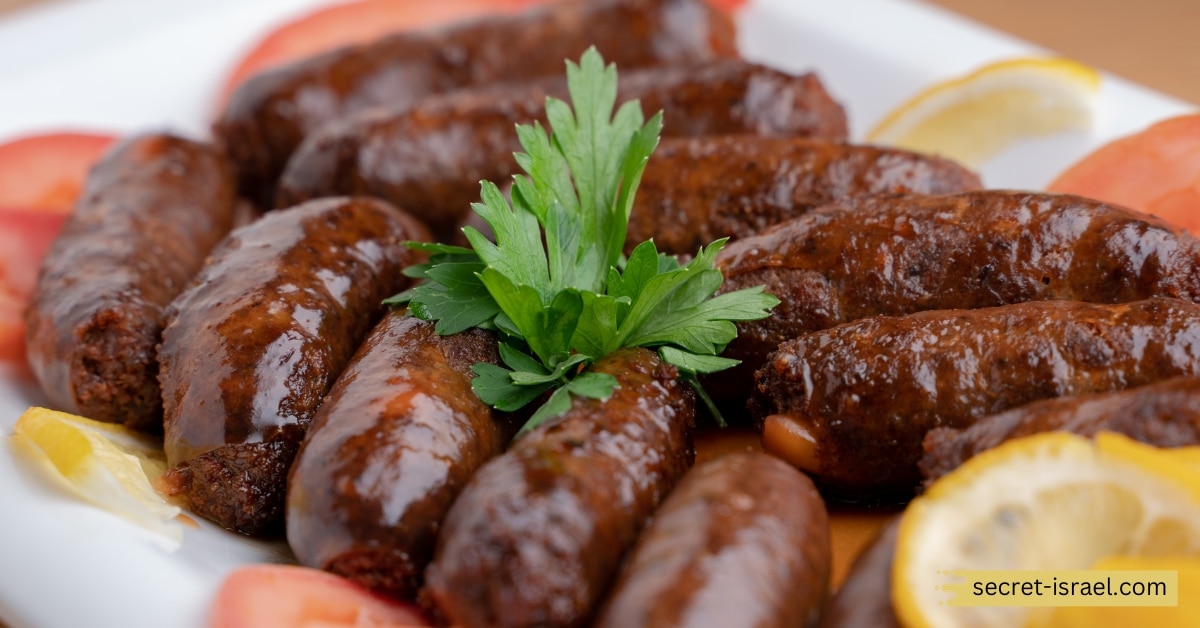
The atmosphere within these cafés is usually quite casual, with tables laid out for guests to sit and enjoy their meal. Music is often played in the background to add a pleasant ambiance.
While friendly staff members are always ready to offer recommendations based on what’s freshly cooked in the kitchen. Be sure to check out their selection of teas or coffees too – both popular choices amongst locals!
In conclusion
Visiting the small village of Daliat El-Carmel in the Western Galilee region of Israel is an incredible experience that will take you on a unique journey through Druze culture and cuisine. There are plenty of opportunities to gain insight into this mysterious belief system.
Whether it be through traditional music, art, food, or customs, there is no better way to get an understanding of the Druze than by personally experiencing their culture firsthand. So why not make the next trip one that takes you right into the heart of the Druze people and discover what they have to offer! You won’t regret it.

